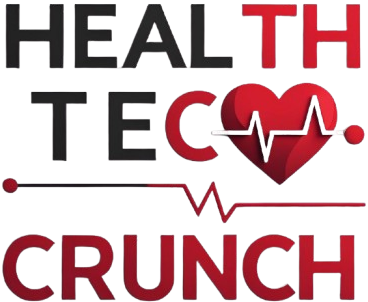IoMT and Value-Based Care: Transforming Healthcare for Better Outcomes

IoMT and Value-Based Care: Transforming Healthcare for Better Outcomes
The Internet of Medical Things (IoMT) is steadily reshaping the healthcare landscape by connecting medical devices and systems to the internet, allowing real-time monitoring, data collection, and communication. This technological advancement holds enormous promise for driving value-based care-a healthcare model focused on improving patient outcomes while controlling costs. By leveraging IoMT, healthcare providers can deliver more personalized, efficient, and proactive care that truly centers on the patient’s well-being.
Value-based care moves away from traditional fee-for-service models that reward volume over quality. Instead, it prioritizes the actual health outcomes of patients, encouraging providers to focus on prevention, effective treatments, and coordinated care. This shift demands accurate, timely data about patients’ health status, which is exactly where IoMT shines. Devices such as wearable health monitors, smart implants, and remote sensors continuously collect vital signs and other health metrics, feeding this information back to healthcare teams.
This constant flow of data allows for early detection of potential health issues before they escalate into emergencies. For patients with chronic conditions like diabetes, heart disease, or respiratory problems, IoMT devices can track glucose levels, blood pressure, or oxygen saturation in real time. When irregularities arise, alerts can be sent immediately to healthcare providers or even directly to patients, enabling timely intervention. This kind of proactive monitoring reduces hospital readmissions and prevents costly complications, aligning perfectly with the goals of value-based care.
Moreover, IoMT enhances patient engagement by empowering individuals to take charge of their own health. With wearable devices and mobile apps, patients can monitor their progress, adhere better to prescribed treatments, and communicate effortlessly with their care teams. This collaborative approach fosters a stronger partnership between patients and providers, which is crucial for achieving lasting health improvements.
From a cost perspective, IoMT helps streamline healthcare delivery by reducing unnecessary visits and hospital stays. Remote monitoring minimizes the need for in-person consultations, saving time and resources for both patients and medical staff. It also improves workflow efficiency by automating data collection and integration into electronic health records, freeing healthcare professionals to focus on critical care decisions.
Challenges remain, however, including concerns about data privacy, device interoperability, and ensuring equitable access to these technologies. But as solutions continue to evolve, the integration of IoMT with value-based care models is becoming a powerful strategy for creating more sustainable and patient-centered healthcare systems.
In essence, IoMT is not just a collection of connected devices-it’s a transformative force enabling healthcare providers to deliver smarter, more responsive care. By enhancing monitoring, fostering patient engagement, and reducing costs, IoMT supports the fundamental promise of value-based care: better health outcomes for patients at a lower cost to the system. As healthcare continues to evolve, embracing the potential of IoMT will be essential in building a future where quality and value go hand in hand.


























